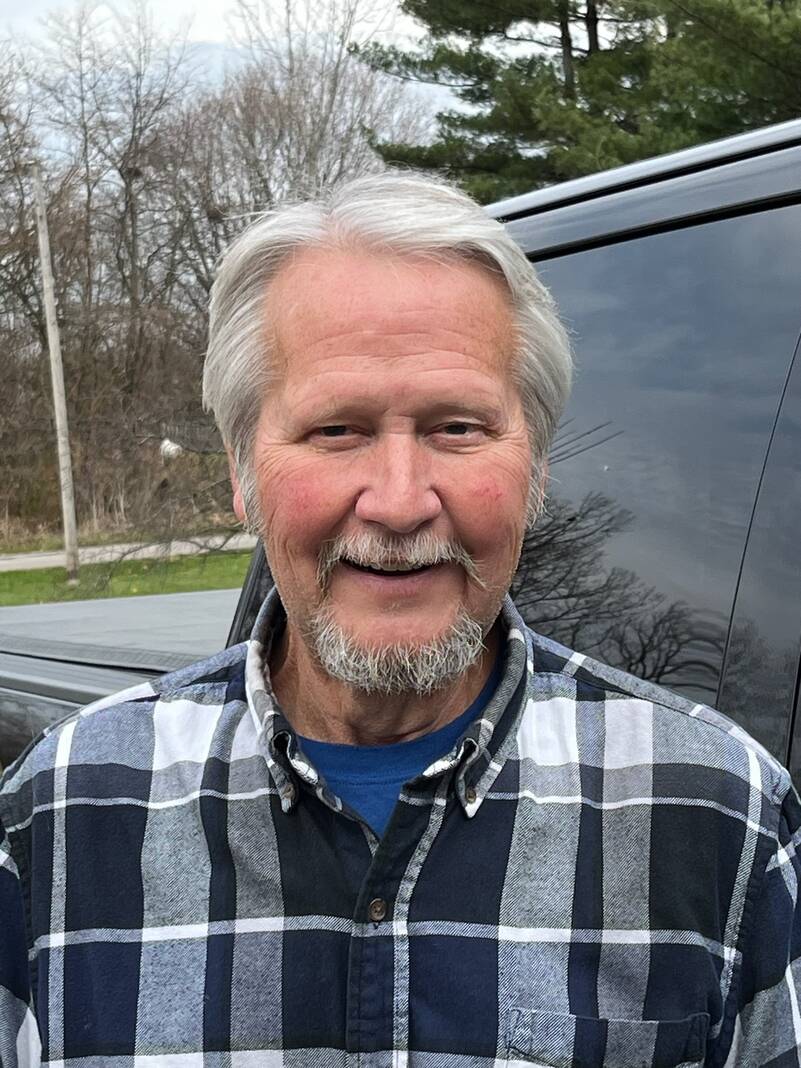
When a small group of farmers and concerned citizens banded together to form the Boone County Preservation Group, it was with the desire to protect the county’s farmland from development. We’d heard rumors that large parcels of farmland were being purchased. We later found out that the land was going to be used for the LEAP Lebanon Innovation and Research District – an enormous up to 11,000-acre advanced manufacturing park.
Our opposition was spurred by the fact that once farmland is built upon – it is never reclaimed. Farmland is a finite natural resource. Now, another natural resource is in danger from the LEAP project – water – and we’re helping form a multi-county grassroots coalition to protect it.
The state-sponsored project would pump as much as 100 million gallons of water per day from aquifers connected to the Wabash River to the LEAP district. Aquifers are underground layers of water beneath the river. The environmental impact to the Wabash River Corridor from the proposed pipeline is unknown.
Even if the amount of water doesn’t pique your interest, maybe this will. The state has signed a $10.2 million contract with a company just to PLAN the 35-mile pipeline from Lafayette to Lebanon. We’re hearing the costs to BUILD it could be in the $2 billion range. Those are your tax dollars. That doesn’t include the cost of wastewater treatment or construction of a pipeline to transmit wastewater from LEAP.
The Indiana Economic Development Corp. says the pipeline won’t impact the water supply, but we aren’t buying it. Now, Gov. Holcomb has asked the Indiana Finance Authority to investigate whether water can be piped to Boone County without harming resources in other communities. That’s fine, but the State forgot to ask the affected communities how they feel about it.
Our coalition is bringing the fight to the local level, where we are seeing municipalities and counties begin to take control of their destinies through local ordinances and rules. They aren’t willing to just hand over such a precious resource as water without a fight.
I’m a retired conservationist with Boone County Soil and Water. I know that even a mild drought could put the supply of those who rely on the Wabash River for water in jeopardy. Indiana faces a drought roughly every 10 to 12 years and with climate change, who knows how that could change in the future?
We aren’t the only ones taking a second look at the LEAP district’s enormous water needs. Indianapolis-based Citizens Energy Group recently withdrew its petition to the Indiana Utility Regulatory Commission to supply up to 10 million gallons of water per day to the development.
The IEDC began this project in secret, without transparency, and time is showing that it was poorly thought out. The Central Indiana area simply cannot meet the water needs of such a vast development. The Boone County Preservation Group cannot support a plan to take water from one area of the state (potentially harming their development future) to supposedly benefit another area now. Robbing Peter to pay Paul is not a good water management strategy.
There’s a warning for all Hoosiers here. The residents of Boone County and those along the Wabash River never thought they’d be in the position of seeing natural resources devoured by a massive development. It could just as easily be your neighborhood next.
Brian Daggy is a Boone County Preservation Group Board Member. The Boone County Preservation Group’s mission is to create a unified community voice as it strives to preserve area farmland and natural resources. The organization’s objective is to support responsible land development. You can follow Boone County Preservation Group on Facebook or find out more on the web.
Brian Daggy is a Boone County Preservation Group Board Member. The Boone County Preservation Group’s mission is to create a unified community voice as it strives to preserve area farmland and natural resources. The organization’s objective is to support responsible land development. You can follow Boone County Preservation Group on Facebook or find out more on the web.

